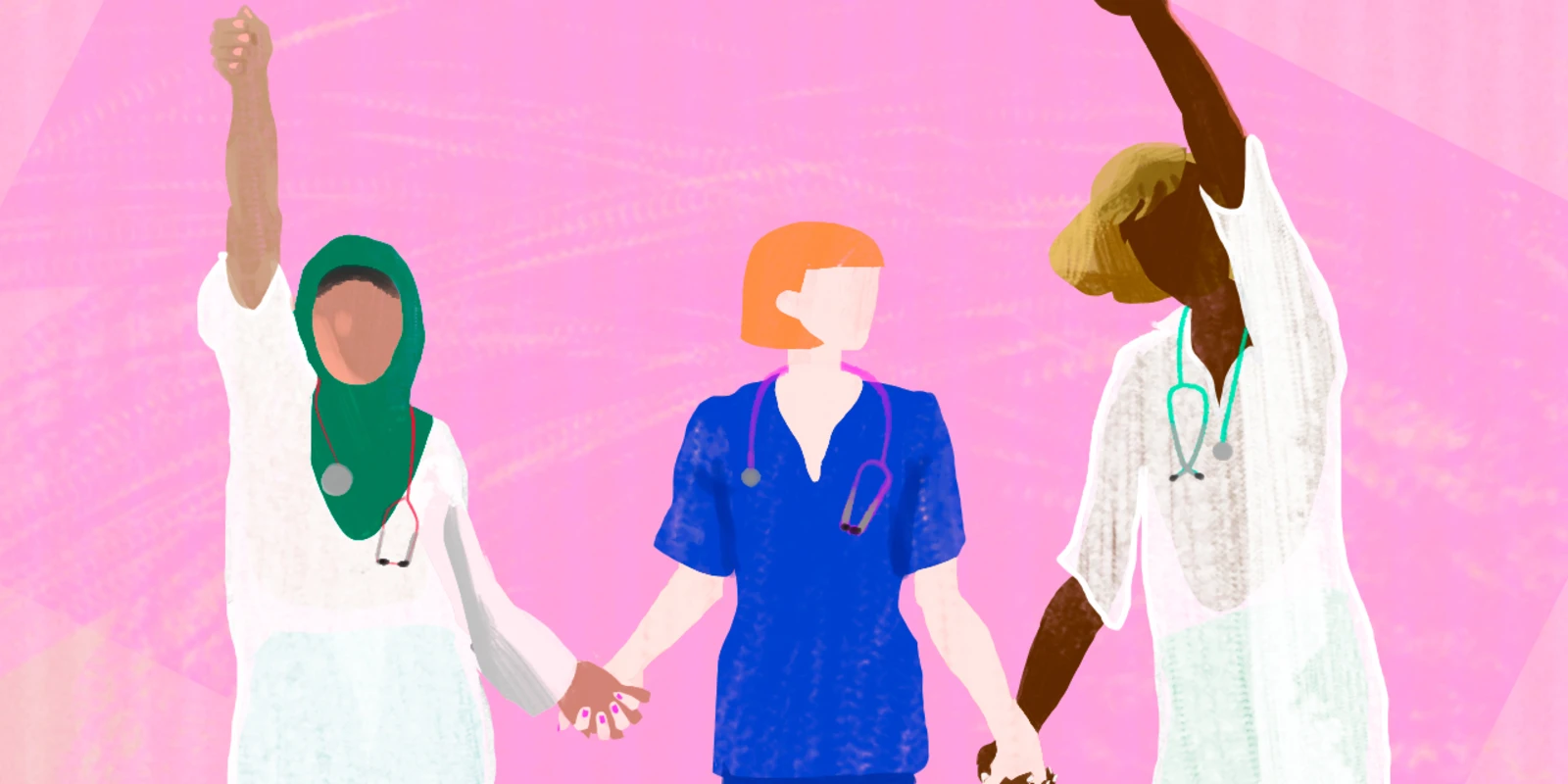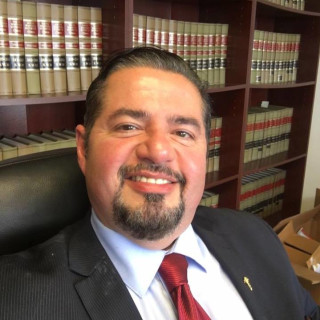
Sexual harassment and gender discrimination claims are something that I handle as an attorney. The health care field is not immune from sexual discrimination, workplace gender bias, or sexual harassment scandals. Indeed, these claims occur even at some of the highest levels of a health care organization. As general counsel for many health care organizations and providers, I thought it was important to reflect back on the effects of the #MeToo movement in 2017 — and to consider where we are now.
Since the inception of the #MeToo movement, the internet – and internet users – played a critical role. Internet involvement has advanced the rights and the visibility of individuals who have suffered from sexual harassment, both in the health care field, as well as the general work sector. Although the movement was on the political and business stage, it also provided a forum for the nursing community to voice its sense of inequality. In my experience with the Equal Employment Opportunity Commission (EEOC), over 70 percent of cases are not reported due to the fear of retaliation, fear of not being heard, or fear that the victim will be accused of simply lying. The controlling law was laid down in the Supreme Court case that first recognized sexual harassment and gender bias under Title VII Of the Civil Rights Act (i.e., Meritor Savings Bank v. Mechelle Vinson). Even with Title VII, lawyers defending the accused often characterize the victim as having welcomed the defendant’s advances or benefitted from the advances. Sometimes, victims are accused of seeking “jackpot justice.”
With the advent of the #MeToo movement, it is my professional opinion that corporations and those in power are listening now more than ever, and that the movement has – for better or worse – created a conscience awareness that just as there are problems in the business and political worlds, there are also problems within the health care community. In 2017, over 7,000 claims were filed with the EEOC and more than 10 percent of those were in my state of Texas.
What can health care providers and those that manage health care entities and practices do? Following #MeToo, employers are modifying their sexual harassment responses and their approach to managing claims. It is my strong recommendation for those employers that don’t have a sound policy in place to equip themselves with one — one that includes strict scrutiny of allegations and complaints, even when those complaints are made against partners and management. One possibility is an “integrity line” whereby people can file anonymous complaints. Of course, equally as important as having a plan in place is the appearance of transparency in handling claims and conducting investigations. Indeed, an “open door policy” for complaints may help decrease EEOC claims. All policies and procedures should avoid stereotypes (e.g., men are perpetrators and women are victims), as they reinforce existing resentments.
Finally, a strong defense is a great offense. Whether you are a health care executive, a physician running your own practice, or a nurse practitioner starting your own clinic, you must have a policy in place that demonstrates a proactive response toward sexual harassment. Litigation can be prevented by strong leadership, and policies and procedures that reflect intolerance for sexual harassment and gender bias issues.
In my opinion, we provide some of the very best health care on the planet. There is an opportunity here to better address gender discrimination and sexual harassment. Together, health care providers can improve the workplace environment and ultimately provide even better. We cannot move backward after the #MeToo movement. As a health care lawyer and a health care provider, I urge both executives and health care providers to closely look at and analyze their workplace environment, with an eye toward identifying potential areas where sexual discrimination and gender bias might go unchecked.
Joe Flores is both a trial lawyer and a board-certified family nurse practitioner. Joe sees palliative care patients, primarily in their homes, and is a national lecturer and authority on areas where the law and medicine overlap. Joe can be reached at joe@floreslawfirm.com.
Illustration by Jennifer Bogartz






